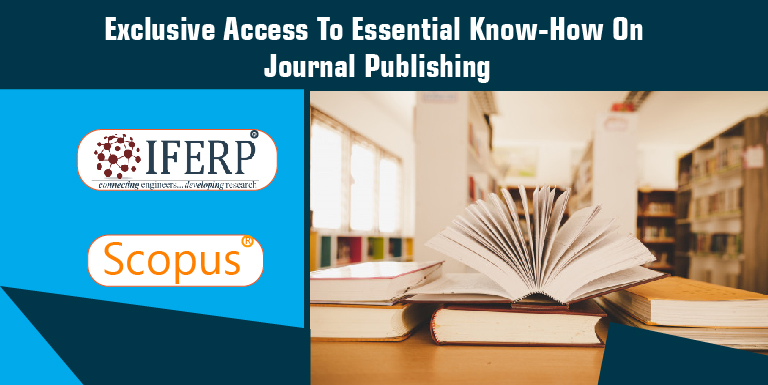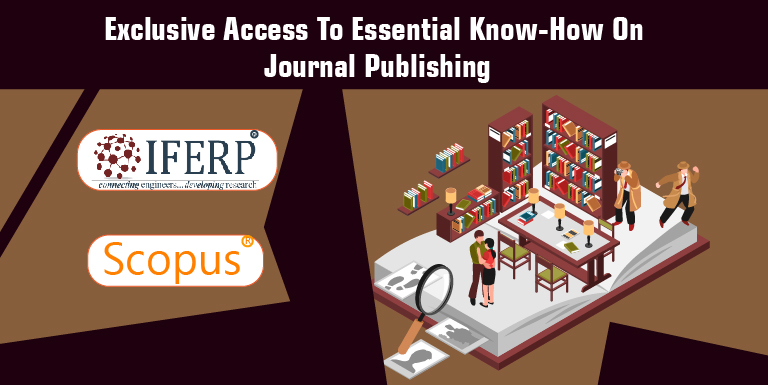In a study conducted by Susan A. Hall and Allen J. Willcox, it was found that about 62% of research papers that have been rejected previously by one publisher (at the minimum) are later published elsewhere. It is however worth noting that most of these research papers end up being published in journals with a significantly lower impact factor than that of the first journal. This means that the research authors of these articles/papers don’t really fulfill their objectives for publication (which include gaining as much exposure as possible by reaching a wider global audience, as well as gaining as much recognition as possible for all the hard work they’ve poured into coming with the findings that they have, over the years) that they initially set out to achieve.
It is therefore easy to surmasize that even one rejection is enough to lower a research author’s chances of having his/her research paper published in a journal with a high impact factor, significantly. In such a scenario, what can research authors do to avoid this initial reject at all costs? That is what IFERP’s entire upcoming webinar titled ‘Knowledge Sharing on A to Z of Journal Publication’ hopes to answer.
Taking place from the 9th of October 2020 to the 11th October 2020, this webinar will offer participants from across the planet crucial perspectives on the ins and outs of research paper publication. How will this knowledge help out a research author aspiring to have his/her paper published in a world-class high-impact journal factor? Continue reading to find out what this highly anticipated webinar has in store for research authors who are desperate to make their research work, as well as the findings and outcomes they’ve obtain as a result, known to the entire global research community.
- Insight Into What Goes Into The Undertaking Of Pioneering & Innovative Research Work
Very often, aspiring researchers who wish to make a name for themselves in the academic world through their paper publications, come across repeated rejections simply because of the fact that the quality of their research work doesn’t isn’t up to the mark and doesn’t meet global standards. Such researchers are unable to realize that their research work –
- is not innovative,
- is not interesting enough,
- is not genuine or authentic (meaning similar research studies focusing on the same topic have already been carried out in the past at some point), and
- doesn’t not have any social significance (in terms of solving an actual societal or technological challenge that is hindering humans leading fulfilling lives in some aspect or the other).
Such researchers are often oblivious to criticism and think that their peers or superiors who find fault with their research are just out to get them or hinder them from succeeding. These sort of researchers are the ones that meet the most failure before they come to the realization that their brand of research is simply not valued or important in any manner.

Those who fall into this category of researchers but aren’t aware of this will benefit greatly from registering and taking part in this webinar 2020 as they will gain insight into what makes for publishing worthy research work. Not only will they be able to identify that they’re present course of research work doesn’t merit publication, they will also learn about how to carry out pioneering and innovative research work that is guaranteed to warrant publication as well as the world’s attention. They will gain insight into –
- how to choose a great research topic of significance,
- how to identity the best, quickest and most effective research methodologies,
- how to carry out their research work in a well-planned, strategic, and steady manner exercising patience, perisistence and perseverance (which are all incredibly important virtues possessed by highly renowned researchers),
- how to make groundbreaking discoveries of significance to mankind and society, and plenty more.
- Insight Into How To Go About Writing A Highly Intriguing & Captivating Reseach Paper/Article
This is something that even the most talented of researchers struggle with. Getting the gist of an entire research project onto paper require a whole other set of skills including –
- extraordinary writing abilities (including the ability to write fluid, easy-to-understand sentences that keep the reader interested),
- being able to write an entirely authentic and genuine research article or paper (which isn’t plagiarized in any manner),
- offering citations wherever necessary (for aspects of the research work that are borrowed or derived from the research work already conducted in the past by others), and
- being able to format the research article, paper, survey or report in a manner that is deemed acceptable by world-class journals with a high-impact factor.
IFERP’s forthcoming webinar for journal publication (a long-awaited event by members of the global academic research community) taking place will feature veteran research authors and publication experts who will dive into the nitty gritty of academic research paper writing. They will offer participants an in-depth overview of –
- the skills that one should develop in order to be able to write a research paper that is worthy of being accepted and published by a top journal,
- the aspects of a research paper that make it great, appealing and engaging as well as how to go about planning on writing a research paper so as to nail every one of these elements, as well as,
- how to get the findings and outcomes of one’s research paper in the best manner possible, amongst many other important details.
- Insight Into The Right Way To Identify, Apply & Get Accepted By A Journal
Another important part of successfully making one’s research work known to as wide a global audience as possible, involves applying to the right journals in the first place. A mistake that a lot of research authors (even those who have had papers successfully accepted in the past) make is that they fail to identify the best journal for their particular stream of research work.
For instance, a research author who has carried our research work in the field of augmented reality and has made some incredible findings that are capable of changing the course of progress in this arena, will still not receive the attention that he/she deserves for their innovative work, if they get their research paper published in a artificial virtual reality journal. Although one might think that virtual reality and augmented reality are fields that are closely related, the only way for a researcher to get maximum exposure and recognition for their AR research work and findings is to specifically get their research paper/article published in an AR-focussed journal or publication. Why is this so? This is because specializations such as this are highly intricate. On the outset people (including those within the field) will have the perception that readers of the VR journal will definitely be as interested as readers of the AR journal. This is however not the case. On careful observation one will notice that VR and AR are fields that vary greatly, and although they might interesect each other in numerous research studies now and again, they have almost nothing to do with one another. In essence, finding
Another important element to think about when trying to identify the best journal for one’s research paper is the impact factor of the journal. Many academics are unware of what the impact factor of a journal is, and what it is so significant. A journal’s impact factor is determined according to –
- the extent of its reader base (number of active subscribers & readers),
- the extent of its reach (the number of countries that it has its presence in),
- the number of citations that articles published in it receive, etc.
There are a number of metrics that exist today that help research authors in guaging the impact factor of journals that they’re looking into, to have their articles published in. The best way for a research author to make his/her work known to as many people as possible is to have their work published in a journal that is recognized for having a high impact factor.
Lastly, over the course of this incredible journal publication webinar which will take place from the 9th of October 2020 to the 11th of October 2020, participants will also be privileged with insight into how they should go about applying to the journals (with high-impact factors) that they have identified. Applying to a journal requires a certain finesse that takes time and experience to perfect. Most veteran research authors who seem to manage to get their research articles published by world-class high-impact factor journals with ease, most probably faced rejection numerous times before they could nail the art of applying successfully. Luckily, for participants of this webinar, they won’t have to go through such experiences themselves. Instead they will get to attend in-depth lectures on the experiences of many highly successfull research authors, each of whom is recognized in their respective field as a renowned research author with hundreds of articles/papers published in top-tier, high-impact journals that reach out to thousands of readers and subscribers worldwide.
Wait No Longer, Register Today
With registrations pouring in from across the planet, because of the sheer lack and availability of this expertise elsewhere, slots for this webinar are getting fewer by the second. If you are a research author who wishes to make a name for yourself within your field and have multiple papers and articles published in world-class journals, this webinar is a must-attend virtual conference for you.
It is highly recommended that you avoid delaying any further and register journal publication webinar, this instant so as to avoid missing out on the career-transforming as well as life-changing awareness of academic publication that you will gain as a consequence of taking part in this webinar. Aside from the valuable knowledge that will be shared over the course of this three-day webinar, participants will also be awarded with certificates (that they can make use of to amplify their CVs and professional profiles), video files of the entire webinar (for use as a reference later on), and other important material used or referred to during the webinar.


